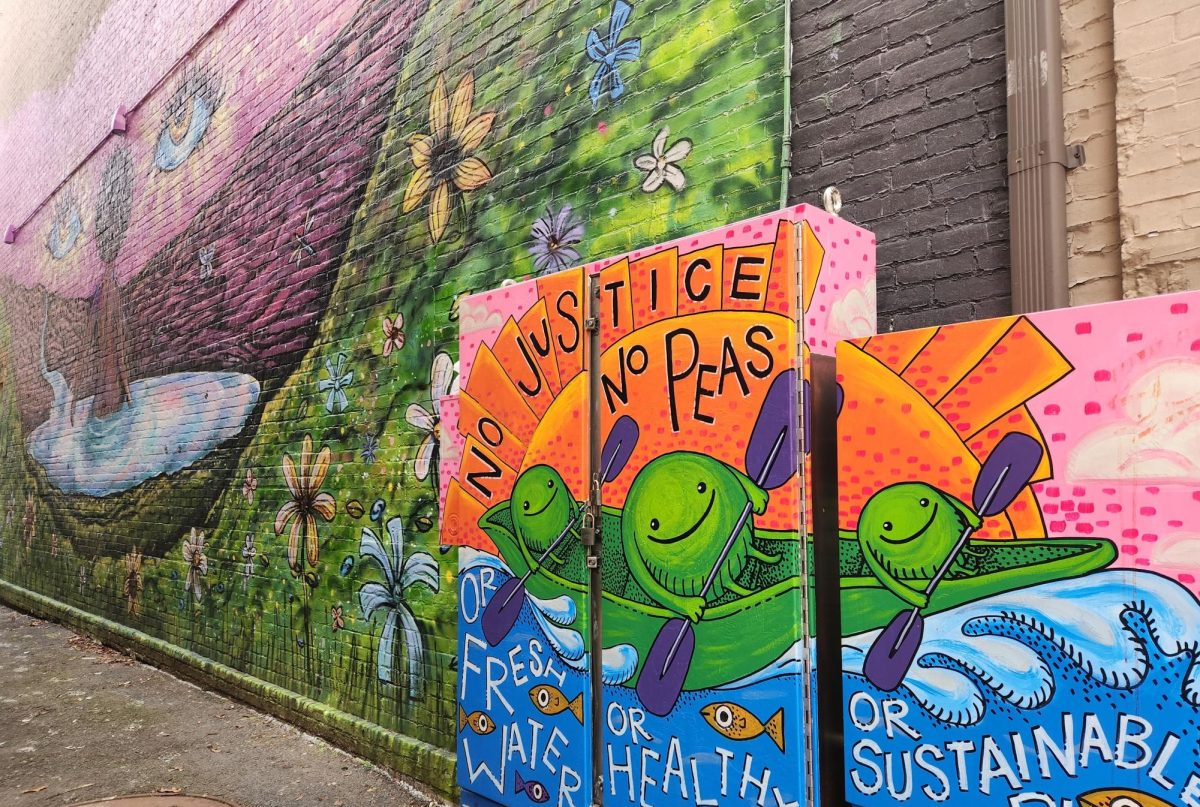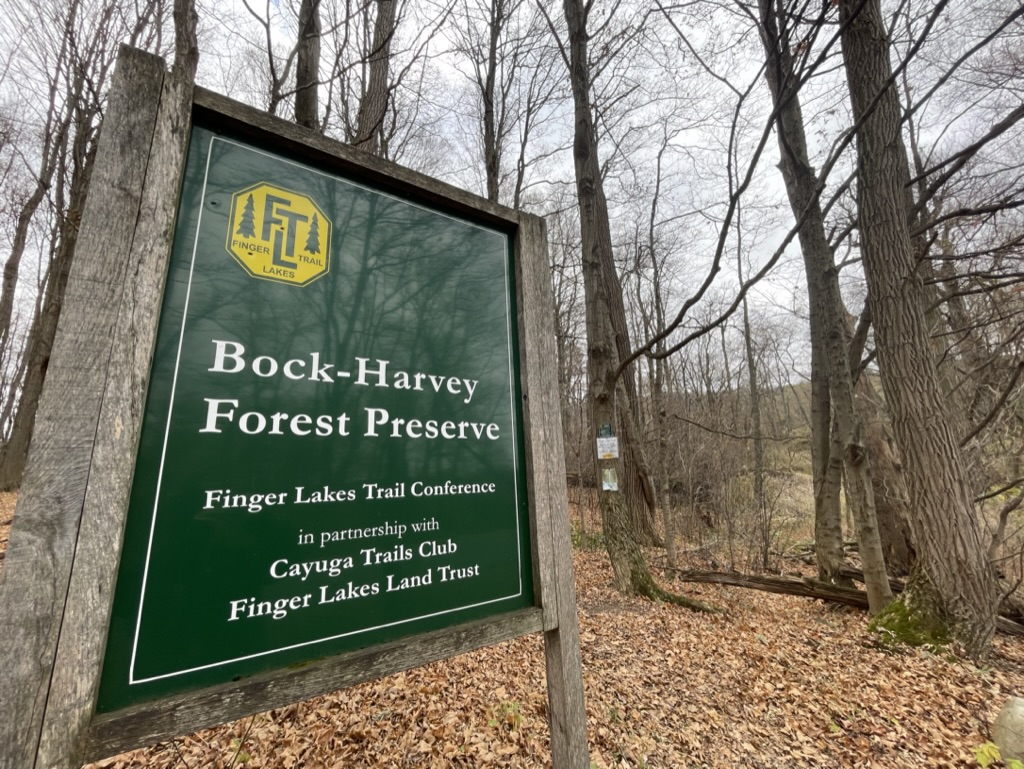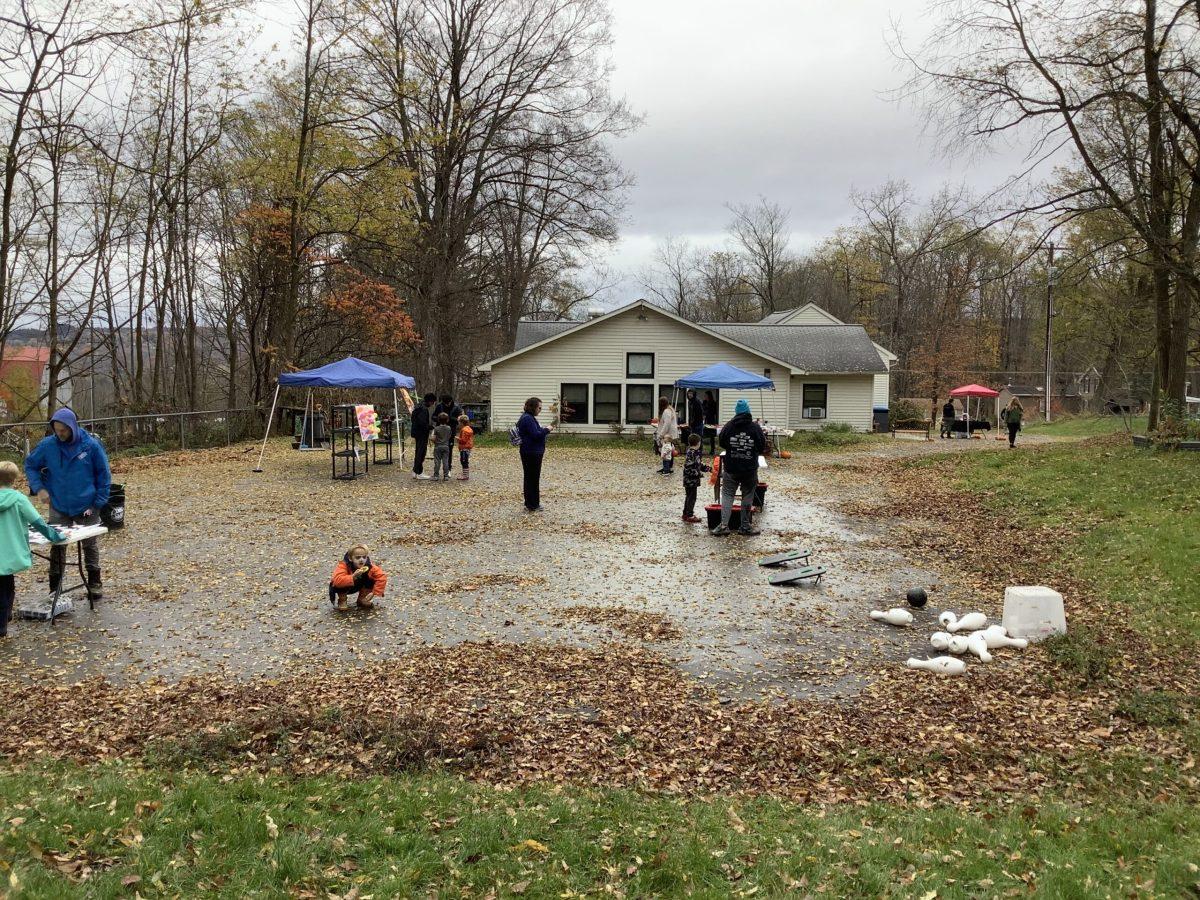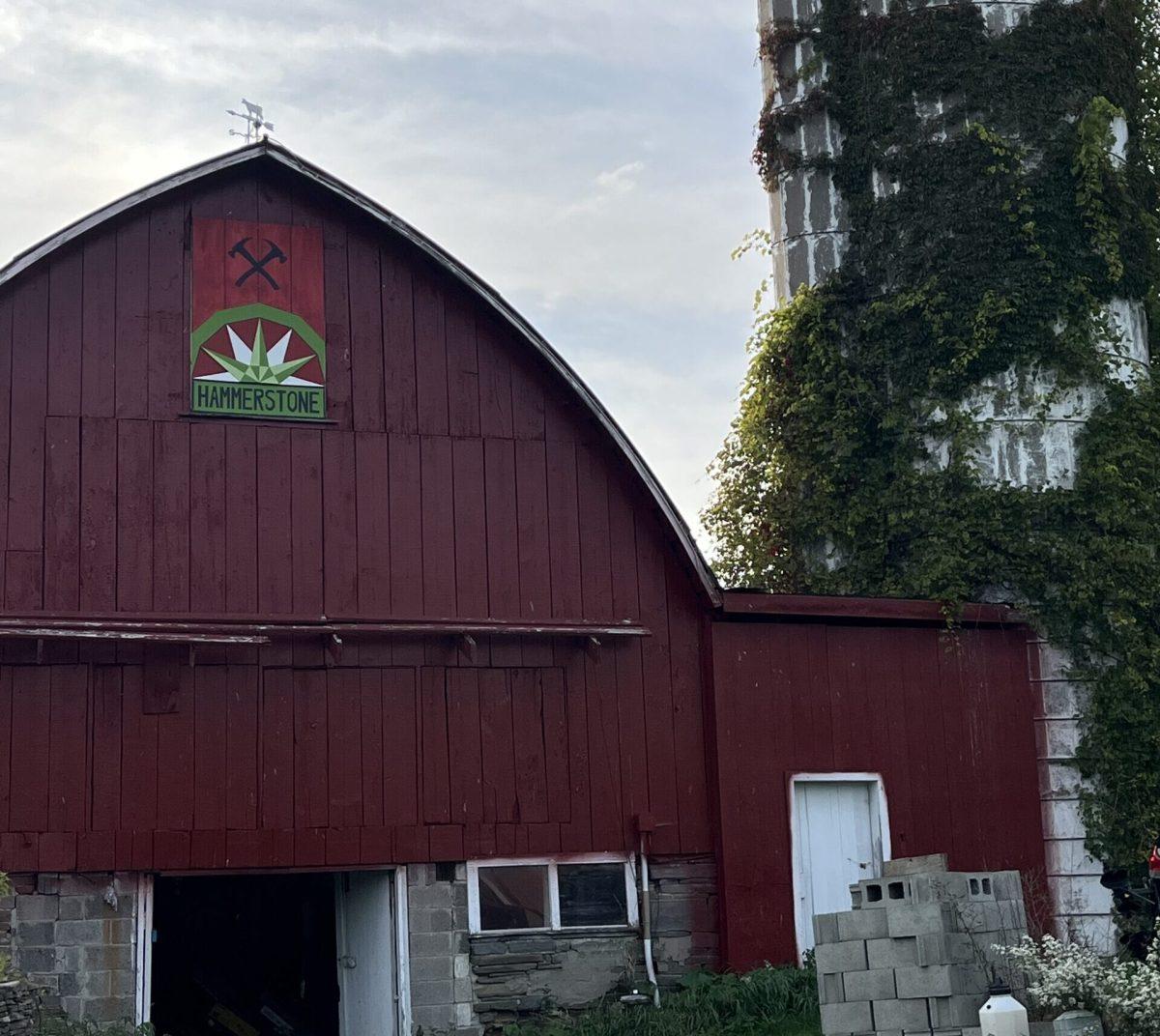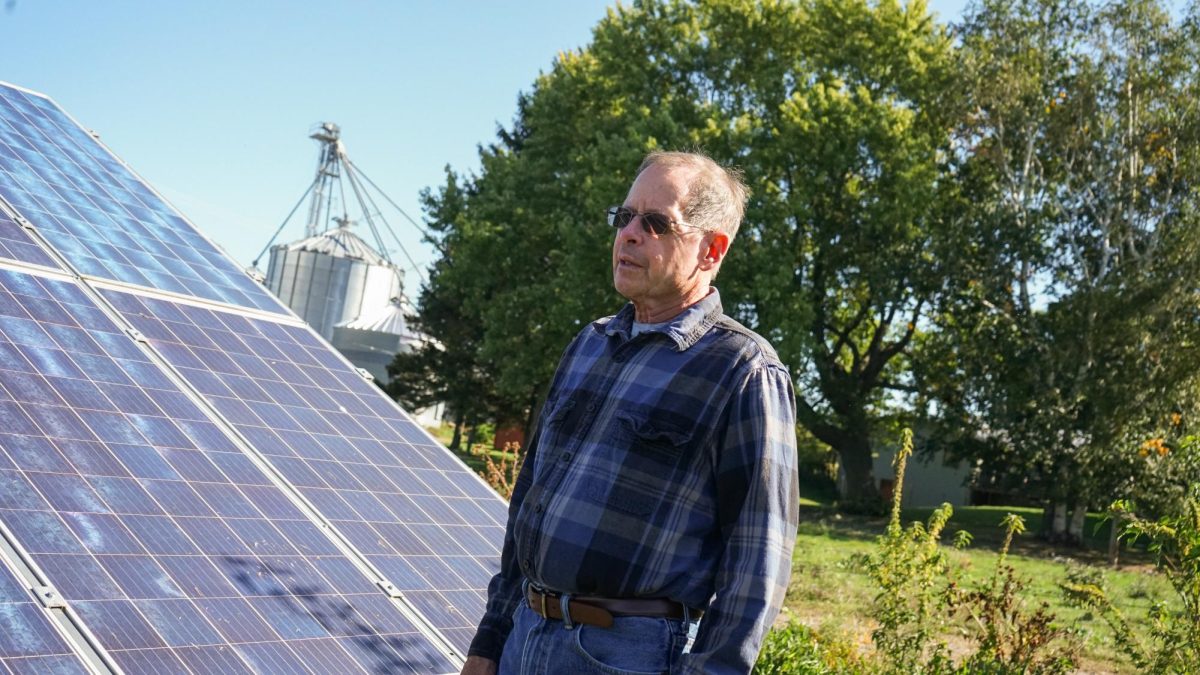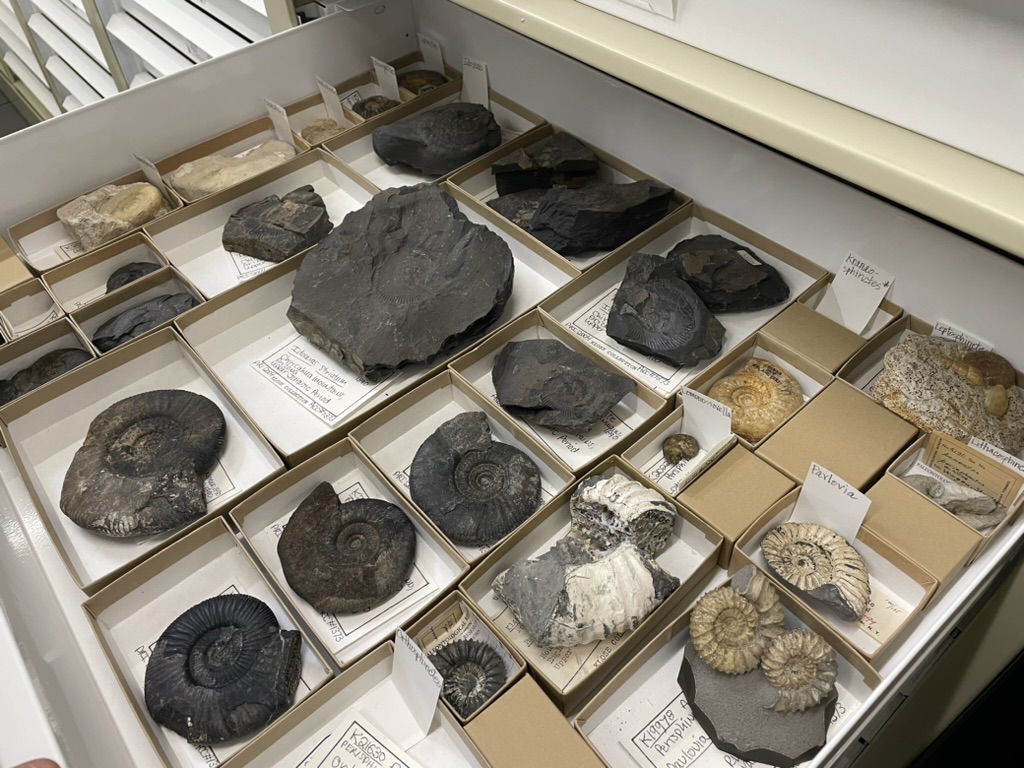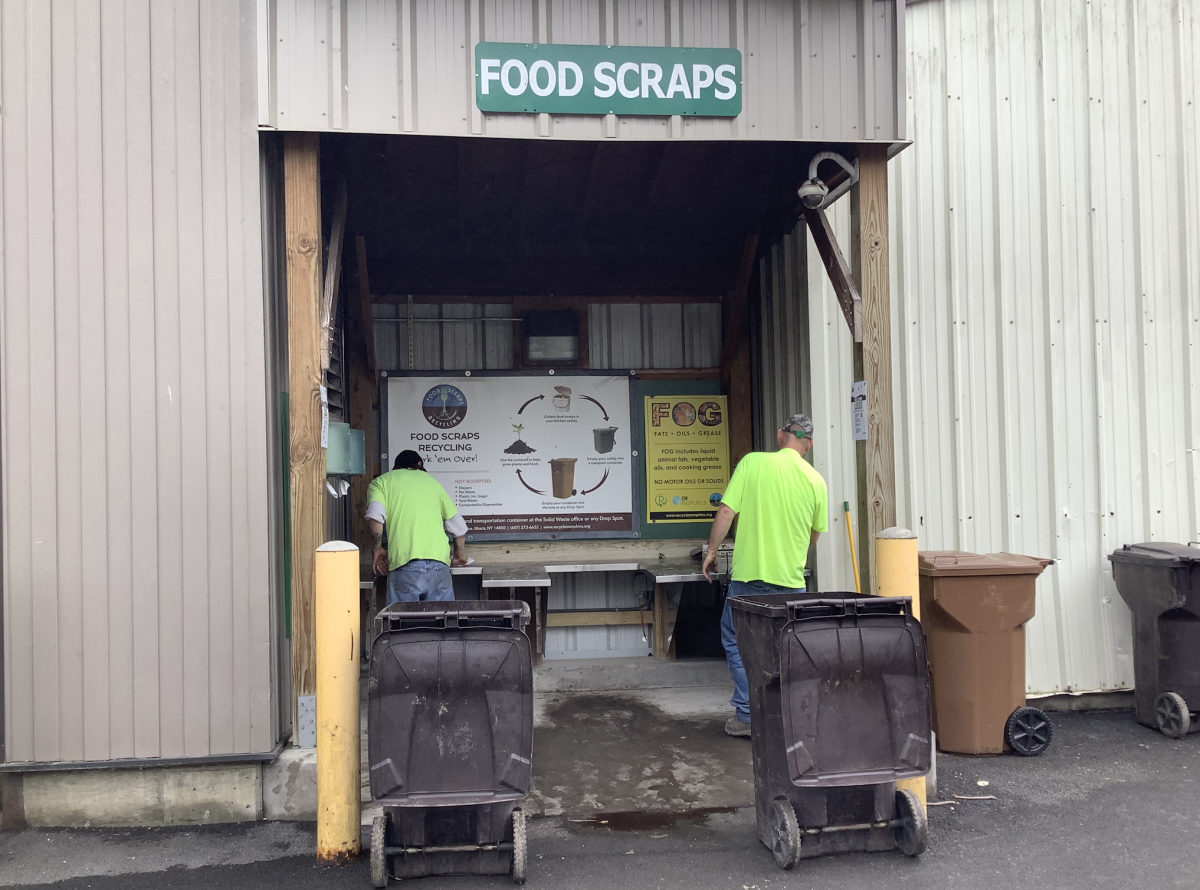Cayuga Lake will welcome a new public nature preserve on its east shore within the next couple of years. The Finger Lakes Land Trust (FLLT) is in the process of purchasing a 243-acre tract of land called the Cayuga Cliffs to create a nature preserve.
The FLLT is a nonprofit organization that buys up land to safeguard it for future generations. This land is in Lansing, across the lake from Taughannock Falls State Park and a short drive from Ithaca.
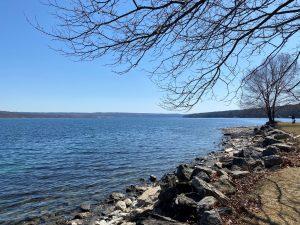
Nature preserves are areas of land that are set aside to prevent development. According to National Geographic, “The goal of preservation is to protect the environment from the harmful effects of human activity.”
Currently, the Cayuga Cliffs land belongs to private owners who decided to sell some of their property to the land trust.
Cayuga shores
The area that the FLLT will purchase includes 4,000 feet of lake shoreline.
FLLT executive director Andrew Zepp said, “Undeveloped shoreline is by far the rarest land resource we have and the one that is most threatened.”
Jake Brenner, manager of the Ithaca College Natural Lands, said lake coastlines have high property values, making them a target for development.
“They are a hedge against future land speculation,” he said. “So those areas are targets for land development, and therefore, indirectly, they are also targets for conservation.”
Conservation at the Cayuga Cliffs
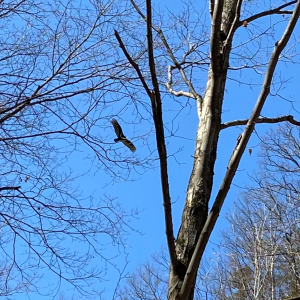
The FLLT chose the land in part for its scenic and ecological value. The large site includes meadows, forests, gorges, waterfalls and views of the lake.
A National Audubon Society-designated Important Bird Area, the future nature preserve provides valuable habitat for not only birds but also coyotes and foxes.
“This is an area that we’ve observed bald eagles using with regularity, and it has nesting ravens that nest on the cliffs,” Zepp said.
Zepp said the land trust will maintain “trails that are engaging to the public but also balance access with limiting disturbance to wildlife.”
Water quality improvement
The nature preserve will also benefit water quality, both by preventing development and by creating opportunities for restoration work.
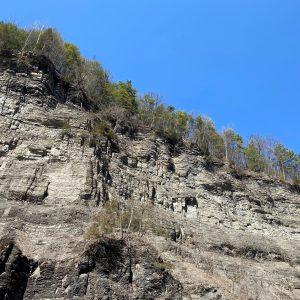
Wooded bluffs at the site inhibit runoff from reaching the lake, Zepp said. This can curb harmful algal blooms caused by an excess of nutrients like phosphorus from fertilizers.
Blue-green algae blooms, which are deemed harmful algal blooms, have been observed in Cayuga Lake since 2017, according to the Tompkins County Health Department.
The FLLT will also work with the U.S. Fish and Wildlife Service to rehabilitate small wetlands and vernal pools, which are seasonal wetlands. The preserve will also protect creeks and streams that flow into the lake.
Brenner said the tops of streams that flow into lakes tend to affect water quality downstream the most. If water at the top of a stream is polluted, that pollution will touch the entire watershed as it flows down.
“Protecting any of those, and ideally protecting a lot of them — it’s impossible to measure the hugeness of that benefit,” Brenner said.
Benefits to visitors
While promoting land and wildlife conservation and water quality, the Cayuga Cliffs nature preserve will also offer people a place to appreciate nature.
“The land trust can turn people on to their mission of conservation by illustrating what a beautiful thing it is that they’ve done,” Brenner said.
Two grants, one from New York state and another from Tompkins County, and private donations are funding the Cayuga Cliffs project. The FLLT is still accepting donations, which will help pay for the nature preserve’s upkeep.
Note: Photos and videos included this story were filmed at Taughannock Falls State Park, which is across the lake from the Cayuga Cliffs site, because the site is not yet open to the public.





